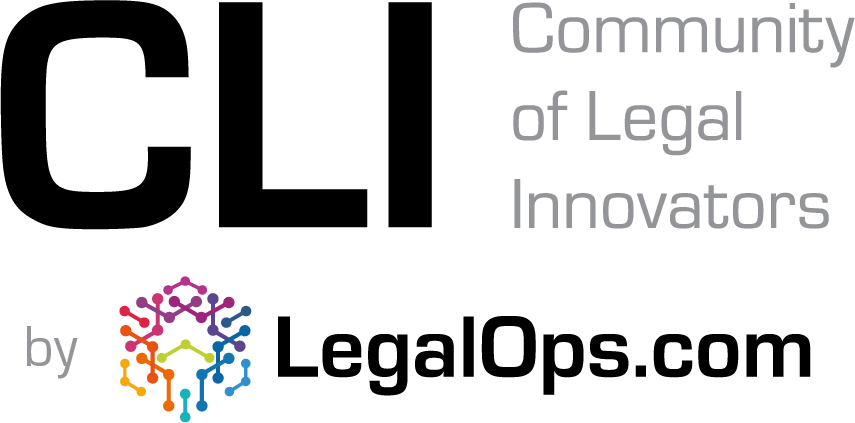Thirty-one years ago, Congress passed The Americans with Disabilities Act (ADA). In 2016, the American Bar Association (ABA) passed Resolution 113, urging all providers of legal services to expand and create opportunities for diverse attorneys at all levels of responsibility. In that same year, Fortune 1000 General Counsel issued a public pledge to increase the inclusion of diverse attorneys. Globally, The Convention on the Rights of Persons with Disabilities was adopted by the United Nations in 2006 and it currently has 164 country signatories worldwide.
Yet, despite this progress, the overall statistics surrounding disability inclusion in the legal and compliance professions are not encouraging. Disabled professionals remain highly marginalized, both in our profession and within the job market. Despite being the largest minority in the US, disabled people have by far the largest unemployment rate.1 Only 0.38% of all lawyers in law firms are disabled.
This session will be a conversation about the state of disability inclusion in the legal industry, and how law departments can make accessibility and disability inclusion a key focal point of their DEI initiatives, rather than a footnote. We will talk about stigma around disclosure, technology accessibility, accommodations in a remote/hybrid working environment and advocacy for people with disabilities.



